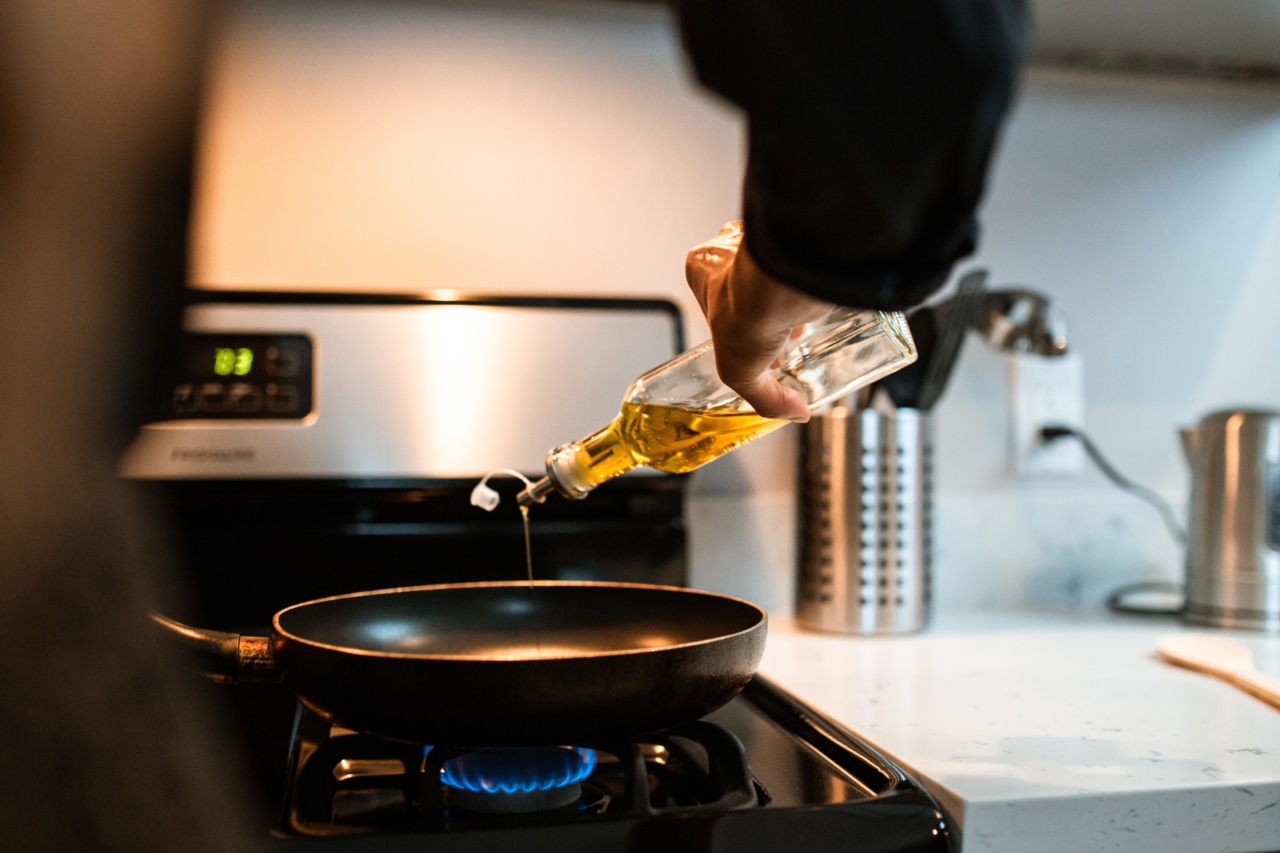Olive oil is a very versatile ingredient that can be used in a wide variety of dishes. From salads to pastas, it adds a unique flavor and nutritional value.
However, there are some critical mistakes that people commonly make when using olive oil that can negatively impact its taste and health benefits. In this article, we will discuss six of these mistakes and how you can avoid them.
Mistake #1: Storing Olive Oil in the Wrong Place
Olive oil is best stored in a cool, dark place. Light and heat can cause the oil to oxidize, which can lead to rancidity and a loss of flavor and nutritional value.
Therefore, it is important to store olive oil in a shaded area away from direct sunlight and heat sources like stovetops and ovens.
Mistake #2: Using the Wrong Type of Olive Oil for Cooking
Not all olive oils are created equal. Extra virgin olive oil is the most flavorful and nutritious, but it also has a low smoke point.
This means it can burn easily at high temperatures, which can release harmful chemicals and degrade the oil’s quality. For cooking, it is best to use a mild or light olive oil that has a higher smoke point.
Mistake #3: Overheating Olive Oil
As mentioned earlier, olive oil has a low smoke point. Overheating the oil can cause it to smoke and produce harmful compounds that can damage your health. To prevent this, use a lower heat setting and avoid leaving the oil on the heat for too long.
It is also important to avoid overheating the pan before adding the oil, as this can cause the oil to heat up too quickly.
Mistake #4: Using Bad-Quality Olive Oil
The quality of olive oil can greatly affect its taste and nutritional value. Cheap, low-quality oils are often mixed with other oils or go through chemical processes that can damage the oil’s quality.
When buying olive oil, look for extra virgin olive oil that is labeled as first cold-pressed and comes from a reputable brand or producer. This ensures that the oil is of high quality and has undergone minimal processing.
Mistake #5: Using Too Much Olive Oil
While olive oil is a healthy fat, it still contains calories and should be used in moderation. Using too much olive oil can lead to weight gain and an increased risk of heart disease.
A good rule of thumb is to use no more than a tablespoon or two per serving.
Mistake #6: Using Olive Oil Too Late in the Recipe
In many recipes, olive oil is the first or second ingredient to be added. By not adding it until later, you miss out on the chance to allow the oil to fully infuse its flavor into the dish.
Be sure to follow the recipe’s instructions and add the olive oil at the appropriate time.
Conclusion
Olive oil is a valuable ingredient that can provide great flavor and nutritional benefits to your meals. However, it is important to use it correctly and avoid common mistakes that can negatively impact its taste and health benefits.
By following these tips, you can ensure that you are getting the most out of your olive oil.




























